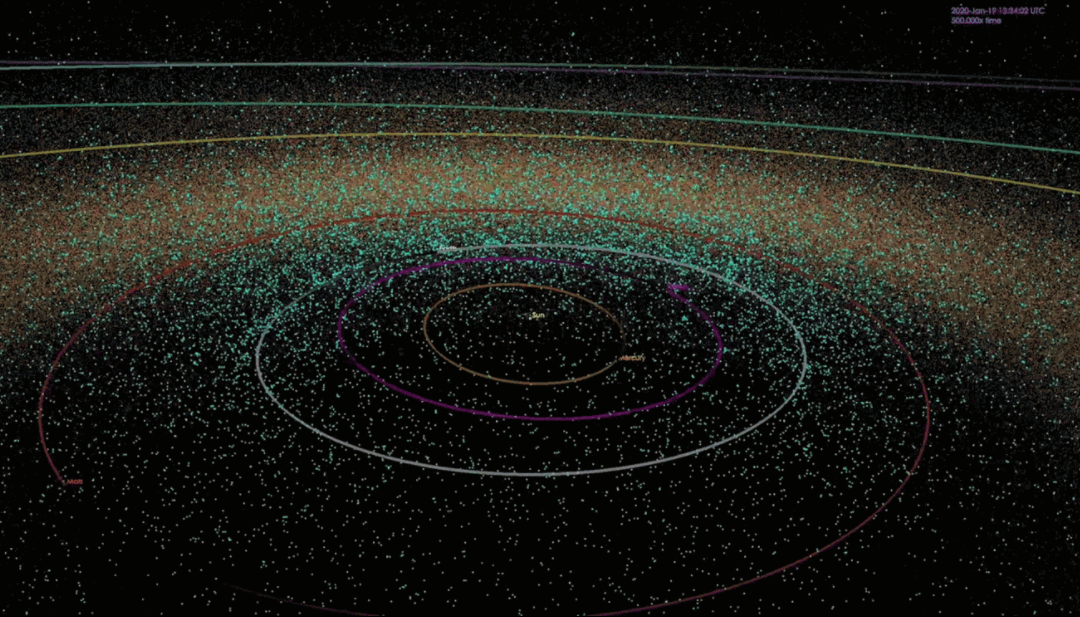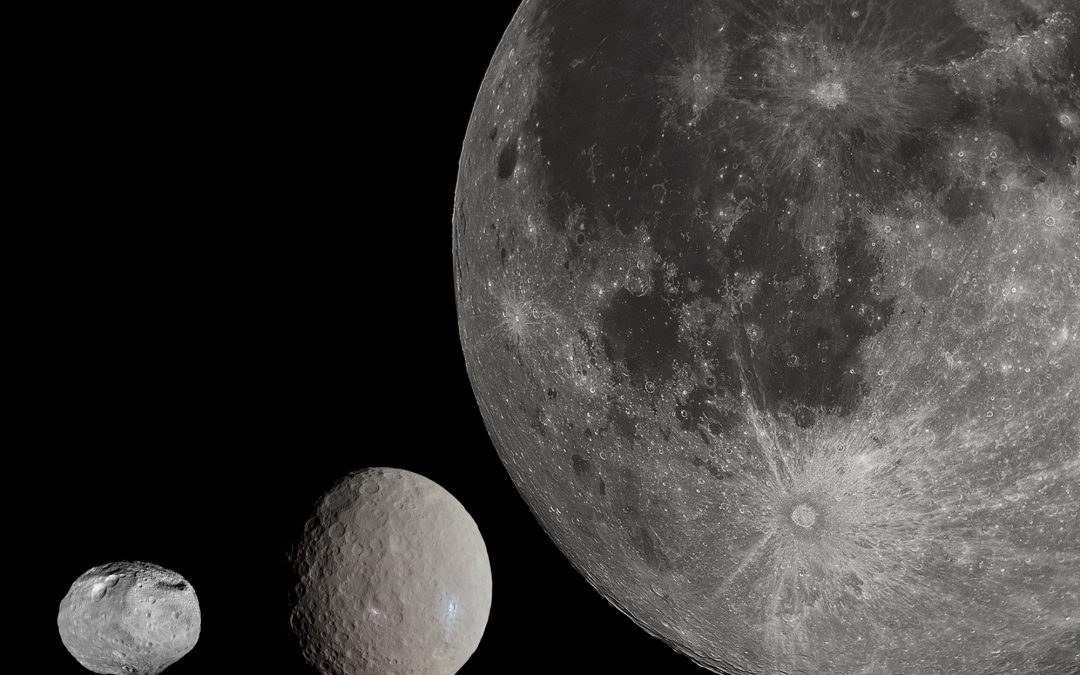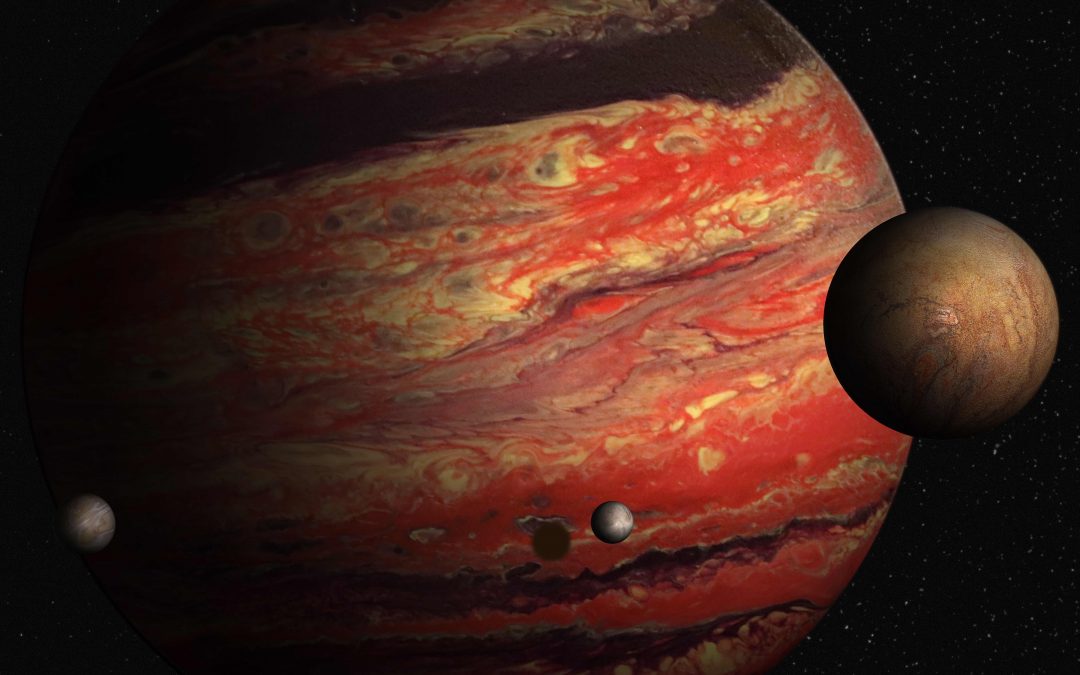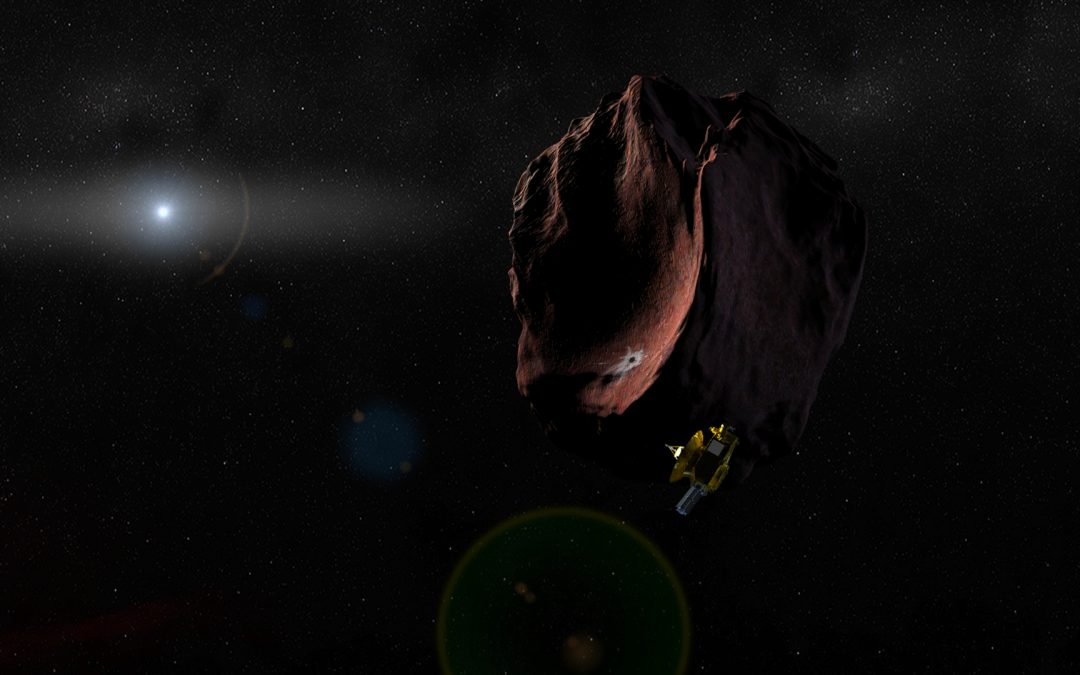Podcast: Play in new window | Download | Embed
Subscribe: RSS
Are asteroids dangerous? Just ask the dinosaurs, and they’ll tell you a sad story of fiery death. It turns out we’re in a shooting gallery of space rock and metal, and somewhere out there there’s one with our name on it. Should we be worried or are the risks so minimal …














